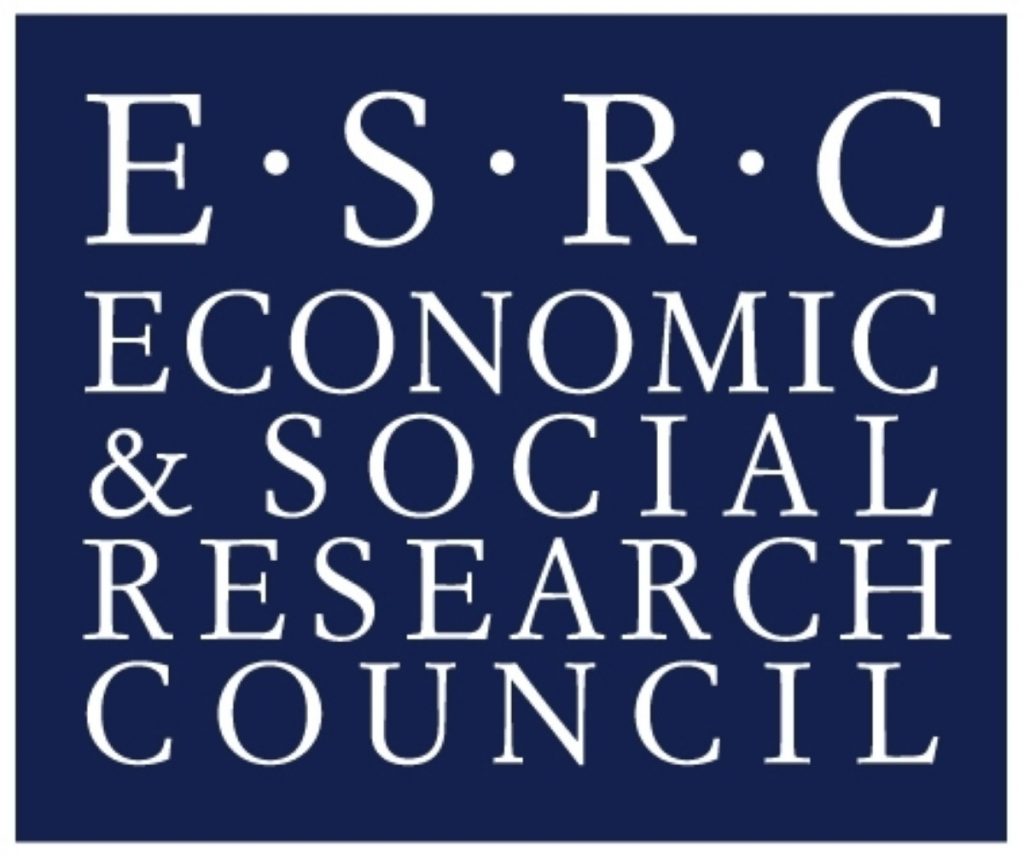ESRC: Lessons to learn from community land ownership in Scotland
Community land ownership (CLO) is bringing people back to the Highlands and Islands of Scotland and helping to create more vibrant and resilient communities, according to a report from the Scottish Agricultural College. For the first time, researchers and practitioners from across the UK are coming together to discuss CLO as well as rural health and community resilience in other parts of the world at an event during the Economic and Social Research Council’s (ESRC) Festival of Social Science.
“The obvious success of CLO in contributing to a more vibrant rural Scotland has clear implications for other parts of the UK and for the UK Government’s Big Society approach,” says Dr Sarah Skerratt who carried out the research. “Communities find that owning the land on which they live enables them to focus on long-term management, investment and growth.”
Scottish Government policy has been broadly supportive of CLO development. This includes the 2003 Land Reform (Scotland) Act which gives communities the right to buy their own land and the Scottish Land Fund which provides the financial means to buy the land.
The research is part of a broader study on developing sustainable rural communities, which will be showcased in November. At the one day event Dr Skerratt and her colleagues will be working with local professionals to further understand and enhance rural community resilience. To ensure a broad overview is achieved, the day will involve participants from the third and private sectors, policymakers, public sector agencies and academics.
Currently proactive legislation and support of CLO does not exist in the rest of the UK but Dr Skerratt believes that this new evidence of how community land purchase is enhancing the resilience of rural communities in Scotland will help inform the Localism Bill, which is currently being discussed in the UK Parliament. Her evidence also supports the increasingly high-profile localism agenda in the UK.
“There is currently a drive to enhance the capacity of rural communities to be involved in their own local futures,” says Dr Skerratt. “But only now are researchers beginning to have the systematic understanding about what works well at the local level.”
Dr Skerratt visited and assessed all the community land trusts in Scotland. They total half a million acres and range from 23 inhabitants to 11,000. She found that ownership stimulates communities to create businesses and build affordable housing, which bring in new people and increases local employment. These, in turn, raise school numbers and allow infrastructure projects to be developed, such as roads and renewable energy schemes.
CLO is not without its challenges. The communities, for example, have identified the need for training and support in the process of buying and developing land. Communities also point to the critical importance of local decision-making in building resilience since it ensures that they remain proactive. Also vital is ‘Community Land Scotland’, the membership organisation for community landowners, which has lobbied the Scottish Parliament and communicated the success of CLO to a wider audience.
Nevertheless, the study concludes that communities are usually able to meet the challenges themselves, either through their own resources or through connections outside the locality.
For further information contact:
Dr Sarah Skerratt
Email: Sarah.Skerratt@sac.ac.uk
Telephone 0131 535 4335
ESRC Press Office:
Danielle Moore
Email: danielle.moore@esrc.ac.uk
Telephone 01793 413122
Jeanine Woolley
Email: jeanine.woolley@esrc.ac.uk
Telephone 01793 413119
NOTES FOR EDITORS
1. Community resilience: Enhancing evidence and practice
Organiser: Dr Sarah Skerratt, Scottish Agricultural College
Date: 1 November 2011 10.30-16.30
Venue: Battleby Conference Centre, Perth
Audience: suitable for Professionals
For more information: Community resilience: Enhancing evidence and practice
2. This release is based on the findings from ‘Community land ownership and community resilience’, carried out by Sarah Skerratt at the Scottish Agricultural College, funded by the Scottish Government. The research was carried out to examine the links between community ownership of land and development of associated assets, and the resilience of those communities.
3. Seventeen community land trusts were visited in May 2011 to gather their responses to six key questions. Four of the six questions were based on a review of the international literature on resilience. The purpose was to identify findings that were robust across the 17 localities.
4. The Festival of Social Science is run by the Economic and Social Research Council which runs from 29 October to 5 November 2011. With events from some of the country's leading social scientists, the Festival celebrates the very best of British social science research and how it influences our social, economic and political lives – both now and in the future. This year’s Festival of Social Science has over 130 creative and exciting events aimed at encouraging businesses, charities, government agencies; and schools or college students to discuss, discover and debate topical social science issues. Press releases detailing some of the varied events are available at the Festival website. You can now follow updates from the Festival on twitter using #esrcfestival
5. The Economic and Social Research Council (ESRC) is the UK's largest organisation for funding research on economic and social issues. It supports independent, high quality research, which has an impact on business, the public sector and the third sector. The ESRC’s total budget for 2011/12 is £203 million. At any one time the ESRC supports over 4,000 researchers and postgraduate students in academic institutions and independent research institutes. More at www.esrc.ac.uk





-01.png)